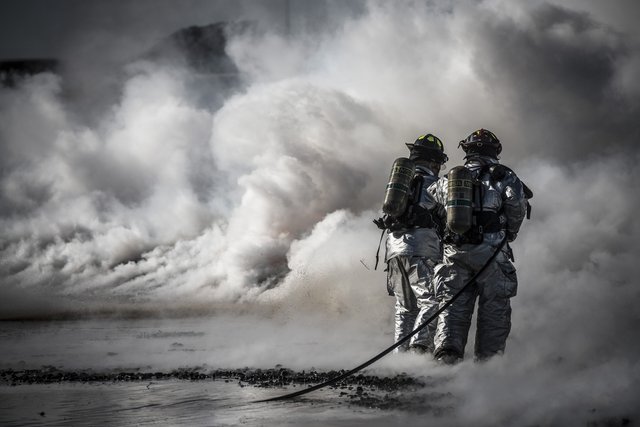
Introduction
Fire safety is a critical concern for businesses of all sizes and industries. A well-designed and properly installed fire alarm system is a fundamental component of any commercial property's safety infrastructure. In the event of a fire, a reliable fire alarm system can save lives, protect property, and minimize business disruptions. If you're in search of professional commercial fire alarm systems installation services "near me," this comprehensive guide will provide you with valuable insights on the importance of fire alarm systems, the types available, the installation process, and tips for selecting the right service provider.
The Importance of Commercial Fire Alarm Systems
Commercial fire alarm systems are designed to detect and notify occupants of a building about the presence of a fire or other emergencies. These systems are crucial for several reasons:
a. Life Safety: The primary purpose of a fire alarm system is to protect human lives. Prompt detection and notification allow occupants to evacuate safely.
b. Property Protection: Fire alarms can help minimize property damage by alerting emergency responders early, potentially preventing a small fire from turning into a catastrophic one.
c. Compliance: Many local building codes and regulations require commercial properties to have functional fire alarm systems in place to ensure compliance with safety standards.
d. Business Continuity: Fire alarm systems can help minimize downtime by alerting occupants to evacuate and allowing firefighters to respond quickly.
Types of Commercial Fire Alarm Systems
There are several types of fire alarm systems suitable for commercial properties:
a. Conventional Fire Alarm Systems: These systems divide the building into zones and indicate which zone the fire is detected in. While cost-effective, they are best suited for smaller businesses.
b. Addressable Fire Alarm Systems: These systems provide detailed information about the location of the fire, making it easier for emergency responders to pinpoint the problem area.
c. Intelligent Fire Alarm Systems: These systems utilize advanced technology to monitor the environment and detect potential fire hazards, such as smoke, heat, or carbon monoxide.
d. Voice Evacuation Systems: These systems use voice commands to guide occupants to safety, providing clear instructions during an emergency.
The Commercial Fire Alarm Installation Process
The installation of a commercial fire alarm system is a complex and highly regulated process. Here's an overview of the key steps involved:
a. Assessment: A professional assessment of your property is conducted to determine the type of fire alarm system that best suits your needs.
b. Design: The system's design includes planning the placement of detectors, alarms, control panels, and emergency notification devices.
c. Permits and Compliance: Obtaining necessary permits and ensuring compliance with local building codes and regulations is a critical step.
d. Installation: Experienced technicians install the components of the fire alarm system according to the approved design.
e. Testing and Commissioning: The system is rigorously tested to ensure all components work correctly. Adjustments are made as necessary.
f. Training: Building occupants and staff are trained on how to use the fire alarm system and respond to emergencies.
g. Documentation: Comprehensive documentation, including as-built drawings and test records, is provided for future reference. nice
Selecting the Right Service Provider
When looking for commercial fire alarm systems installation near you, consider the following tips to select the right provider:
a. Experience and Expertise: Look for a company with a proven track record in commercial fire alarm system installations and a team of certified technicians.
b. Licensing and Certification: Ensure that the service provider is licensed and certified to install fire alarm systems in your area.
c. References and Reviews: Check for references and read reviews from previous clients to gauge the quality of their services.
d. Comprehensive Services: Choose a provider that offers a full range of services, including design, installation, maintenance, and monitoring.
e. Compliance Knowledge: The provider should have a deep understanding of local building codes and regulations to ensure compliance.
f. Warranty and Support: Inquire about warranty options and ongoing support services to maintain your fire alarm system.
Conclusion
Commercial fire alarm systems are an essential part of safeguarding your business, employees, and assets. Investing in the right fire alarm system and choosing a reputable service provider for installation and maintenance is crucial. By following the guidelines mentioned in this guide, you can make an informed decision and take a proactive approach to fire safety in your commercial property. Don't wait until it's too late – prioritize the installation of a reliable fire alarm system today.